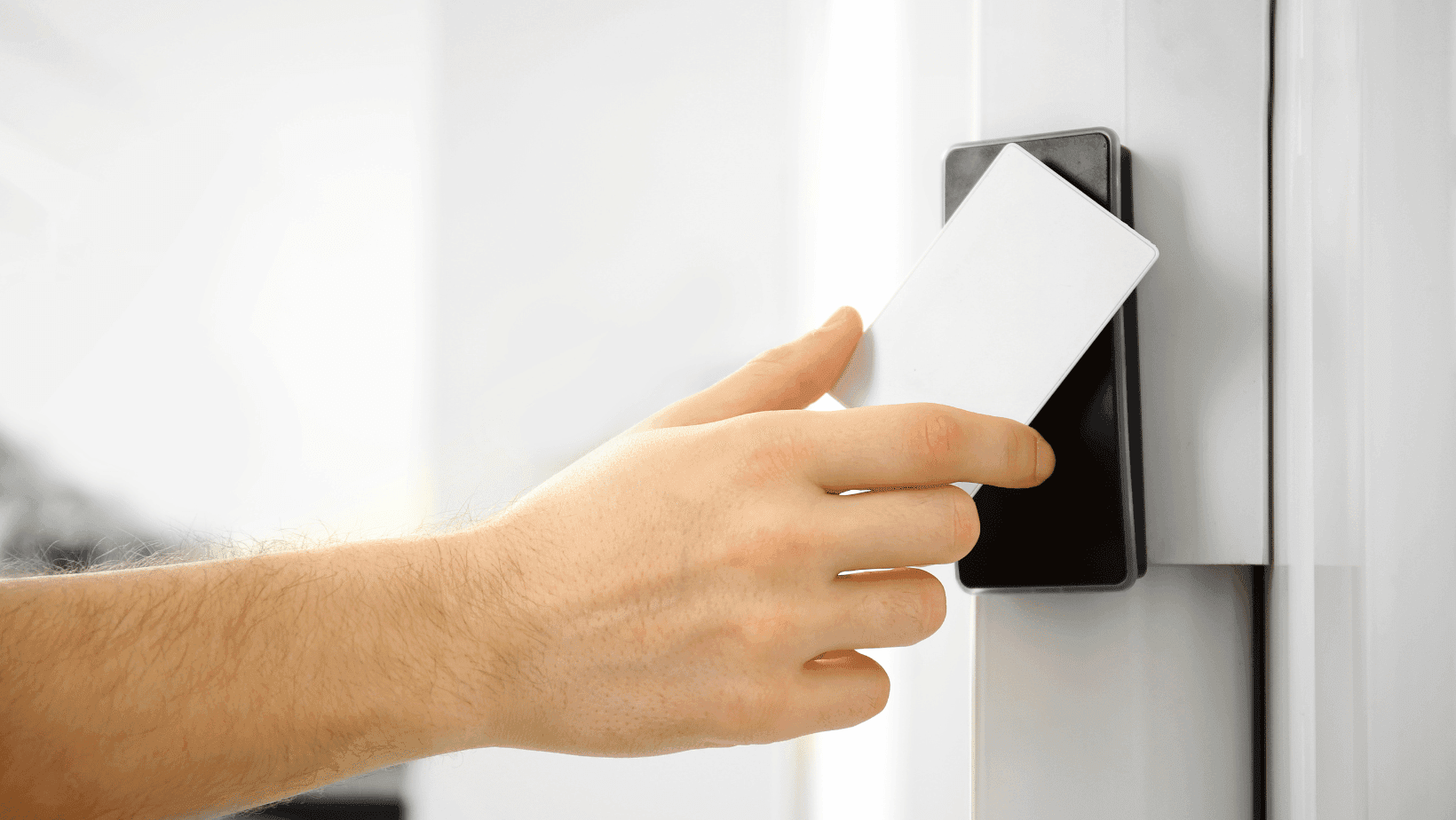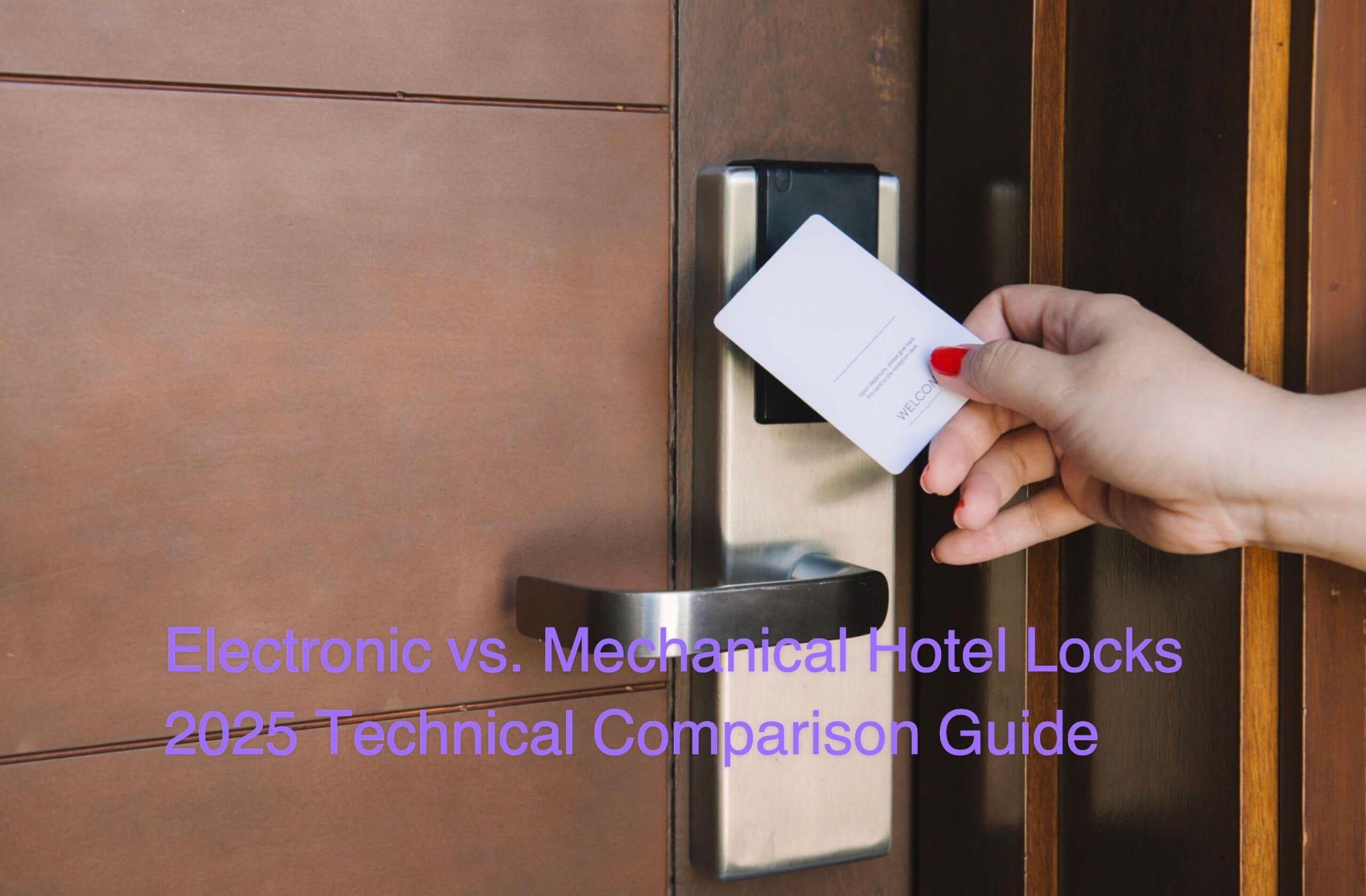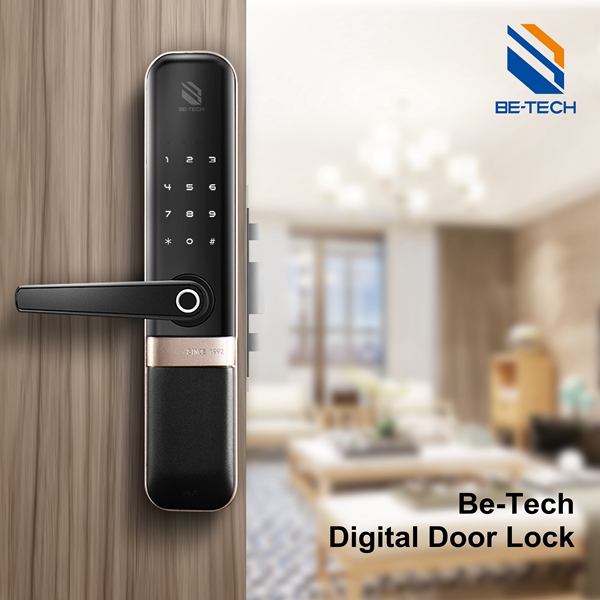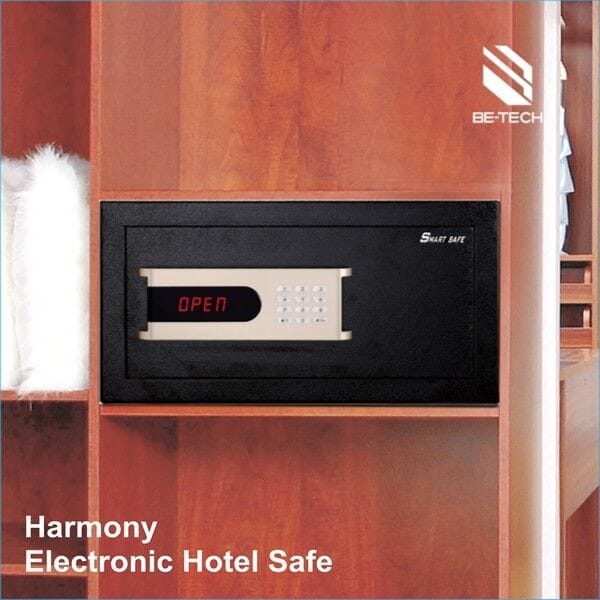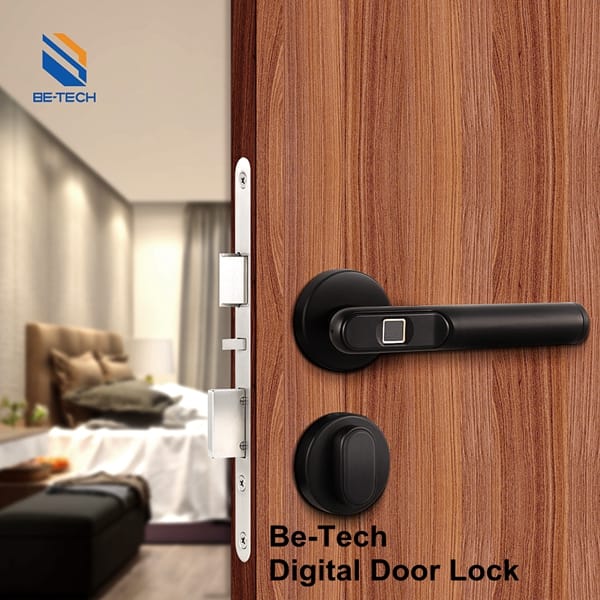In the ever-evolving landscape of the hospitality industry, guest safety and satisfaction remain paramount. Recent surveys indicate that 78% of travelers prioritize safety when selecting a hotel. This statistic highlights the essential need for robust security measures that not only protect guests but also enhance their overall experience. Among these advancements, hotel key card systems have become a cornerstone of modern hotel security.
These systems significantly upgrade traditional locking mechanisms by providing both convenience and enhanced protection. In this comprehensive guide, we will explore six key card types that facilitate efficient access control. We will also discuss their advantages and key considerations for selecting the ideal system for your hotel.
Understanding Key Card Systems
What Are Key Card Systems?
Key card systems are electronic locking mechanisms that use a plastic card, typically embedded with a magnetic strip or RFID (Radio Frequency Identification) technology, to grant access to secured areas within a hotel. These cards replace traditional metal keys, offering a more secure and convenient solution for both guests and hotel staff.
How Do Key Card Systems Work?
When a guest checks in, the hotel staff programs a key card with specific access permissions, which are stored on a secure database. The card is then used to unlock a door by swiping it through a card reader or tapping it against an RFID reader. This process ensures that only authorized individuals can access specific areas, such as guest rooms, elevators, fitness centers, or parking garages, significantly enhancing security and reducing the risk of unauthorized entry.
Benefits of Key Card Systems over Traditional Keys
- Enhanced Security: Key cards are far more difficult to duplicate than traditional keys, reducing the risk of unauthorized access. Moreover, lost or stolen key cards can be instantly deactivated, ensuring that security is not compromised.
- Improved Guest Experience: Key cards offer a seamless and convenient experience for guests, eliminating the hassle of carrying bulky keys. Many systems even allow for mobile access, enabling guests to use their smartphones as digital keys.
- Streamlined Operations: Key card systems integrate with hotel management software, allowing staff to efficiently manage room assignments, track access, and generate audit trails for security purposes.
- Cost Savings: While the initial investment might seem higher, key card systems can lead to long-term cost savings by reducing the need for re-keying rooms and minimizing the risks associated with lost keys.
Security Features of Modern Key Card Systems
- Encryption: Data stored on the key card is encrypted, making it virtually impossible for unauthorized individuals to decipher access information.
- Audit Trails: Many systems provide detailed logs of access attempts, enabling hotel management to monitor who enters specific areas and when, facilitating investigations in case of security breaches.
- Immediate Deactivation: Lost or stolen key cards can be deactivated immediately, preventing unauthorized access.
- Tamper-Proof Design: Modern key card locks are designed to be tamper-resistant, discouraging attempts to bypass security measures.
Key Card System Components
- Key Cards: These plastic cards contain encoded data that grants access to specific areas.
- Card Readers: These devices are installed on doors and read the information on the key card to grant or deny access. Card readers can be wall-mounted, integrated with door handles, or mobile-enabled.
- Software: Key card systems are managed through software that allows hotel staff to program key cards, assign access levels, generate reports, and monitor activity. The software can be cloud-based or on-premise.
6 Key Card Types for Efficient Access Control
1. Magnetic Stripe Cards
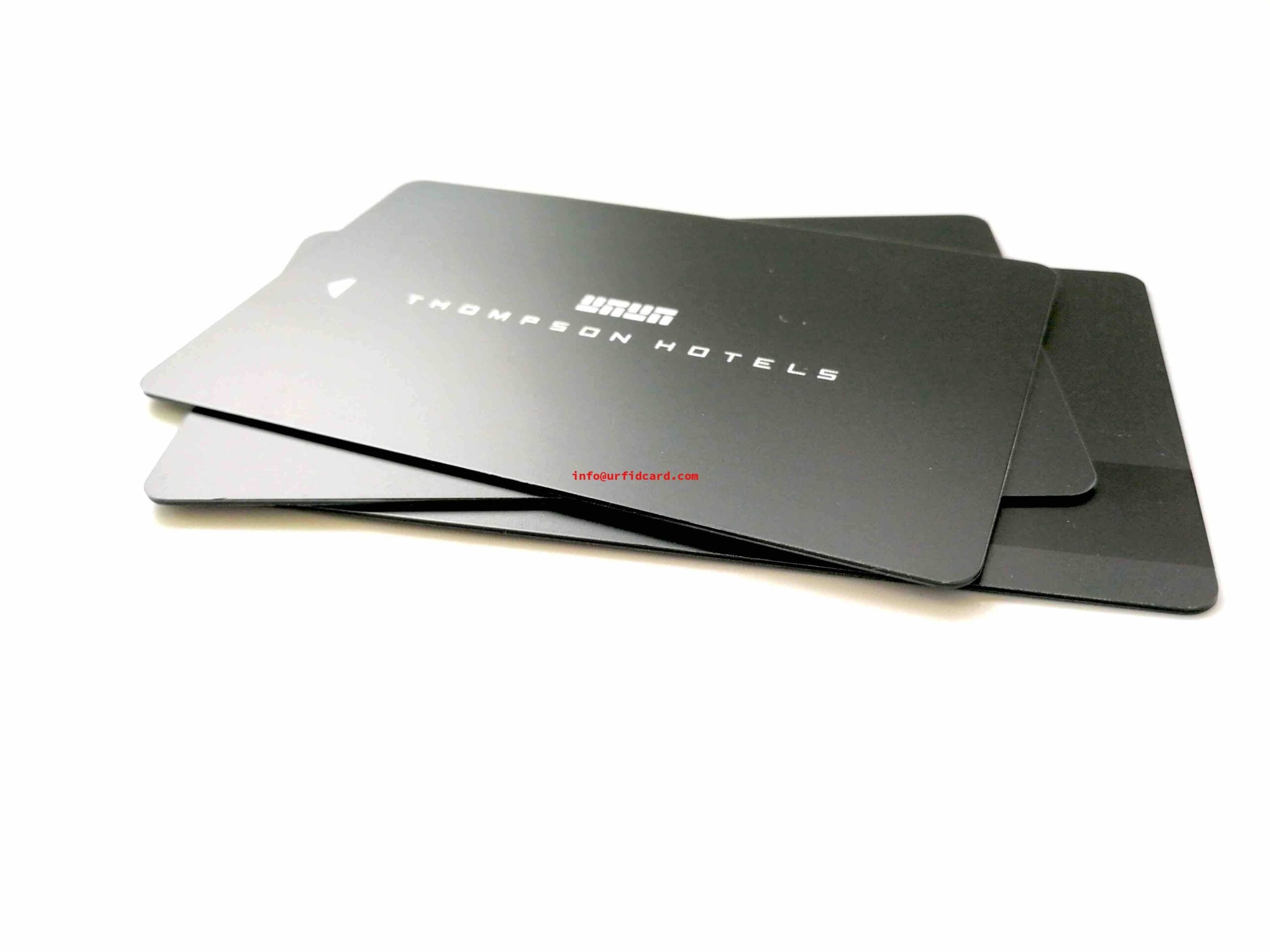
Magnetic stripe cards, similar to credit cards, store data on a magnetic stripe. Guests swipe the card through a reader to gain access.
Pros:
- Widely Available: Magnetic stripe cards are a familiar technology and readily available.
- Cost-Effective: They are generally less expensive than other key card types.
Cons:
- Prone to Demagnetization: Magnetic stripe cards can be easily demagnetized if exposed to magnetic fields or physical damage, leading to malfunctions.
- Lower Security: They offer a lower level of security compared to other types, as the data on the magnetic stripe can be easily copied or skimmed.
2. RFID Cards
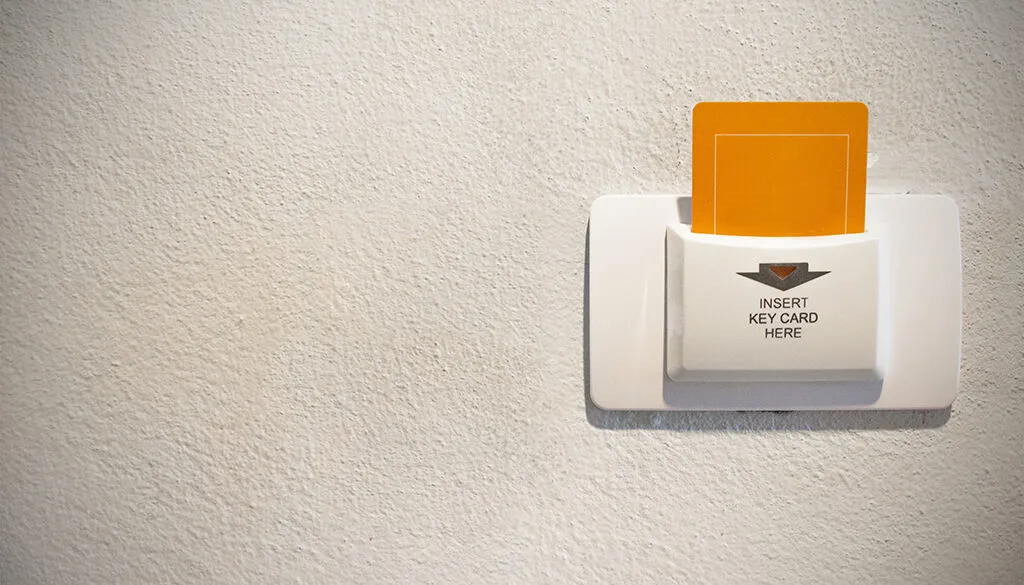
RFID cards use radio frequency identification technology. Guests tap the card on a reader to unlock the door.
Pros:
- Enhanced Security: RFID cards are more secure than magnetic stripe cards and harder to duplicate.
- Durability: They are more resistant to wear and tear than magnetic stripe cards.
- Contactless Access: Guests don’t need to physically swipe the card, providing a more convenient and hygienic experience.
- Multiple Applications: RFID technology can be used for various purposes, including elevator access control, payment systems, and tracking inventory.
Cons:
- Higher Cost: RFID cards are typically more expensive than magnetic stripe cards.
Example: Be-Tech’s Electronic Hotel Card Lock – Guardian RFID utilizes RFID technology, offering a combination of security and convenience. The Be-Tech BASE RFID (9004 Series) also features RFID technology with a stainless steel mortise lockcase and a panic release function.
3. Proximity Cards
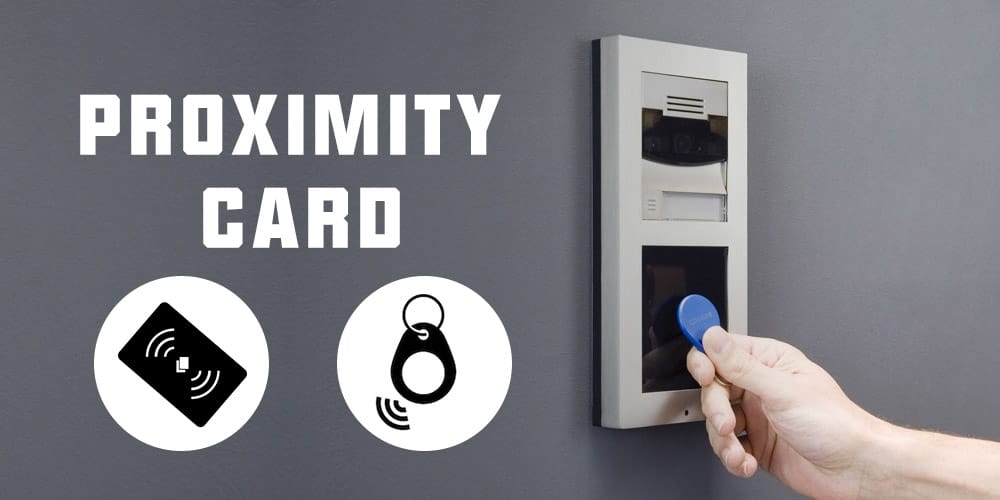
Proximity cards, a type of RFID card, use a low-frequency radio signal. Guests hold the card near the reader to gain access.
Pros:
- Convenience: Guests don’t need to make direct contact with the reader.
- Faster Access: Proximity cards offer faster access compared to contact-based cards.
Cons:
- Limited Range: The reading range is relatively short.
4. Smart Cards
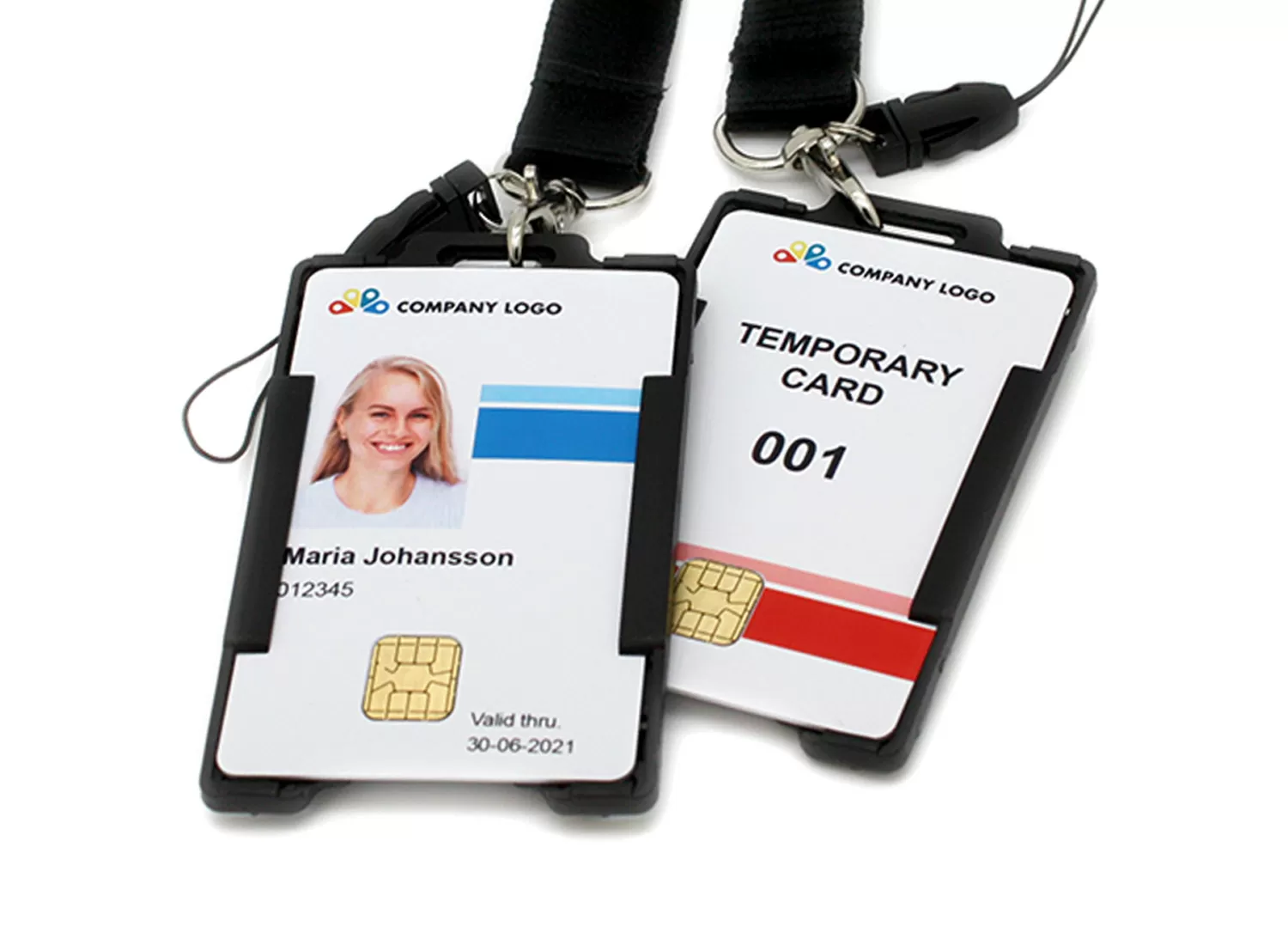
Smart cards have an embedded microchip that can store more data and perform more complex functions than other card types.
Pros:
- Enhanced Security: Smart cards offer a high level of security due to the embedded microchip.
- Multiple Applications: They can be used for various functions, such as access control, payments, and loyalty programs.
Cons:
- Higher Cost: Smart cards are generally more expensive than other types.
- Specialized Readers: They require specific card readers.
5. Mobile Key
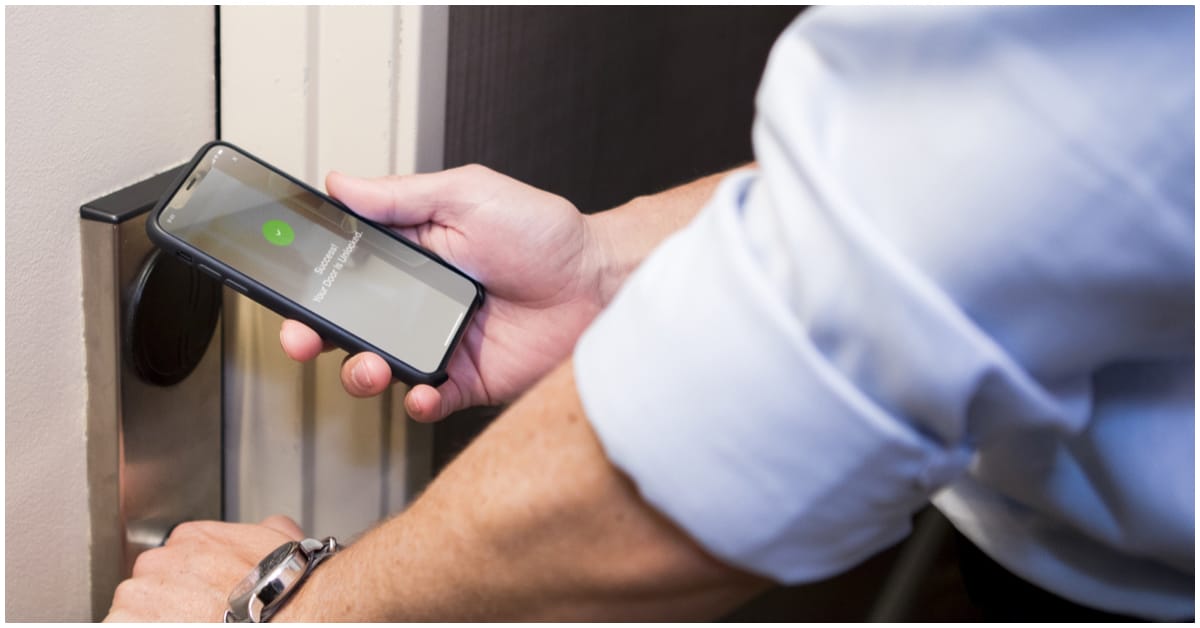
Mobile key systems allow guests to use their smartphones or mobile devices as digital keys.
Pros:
- Convenience: Guests can access their rooms without needing a physical key card.
- Enhanced Guest Experience: Mobile keys offer a modern and personalized experience.
- Reduced Contact Points: Mobile keys minimize contact points, promoting hygiene.
Cons:
- App Dependence: Guests need to download and use a specific app.
- Technology Compatibility: Mobile key systems may not be compatible with all devices or operating systems.
Example: Be-Tech’s Electronic Hotel Lock – Shadow II RFID offers mobile key functionality.
6. Biometric Key Cards
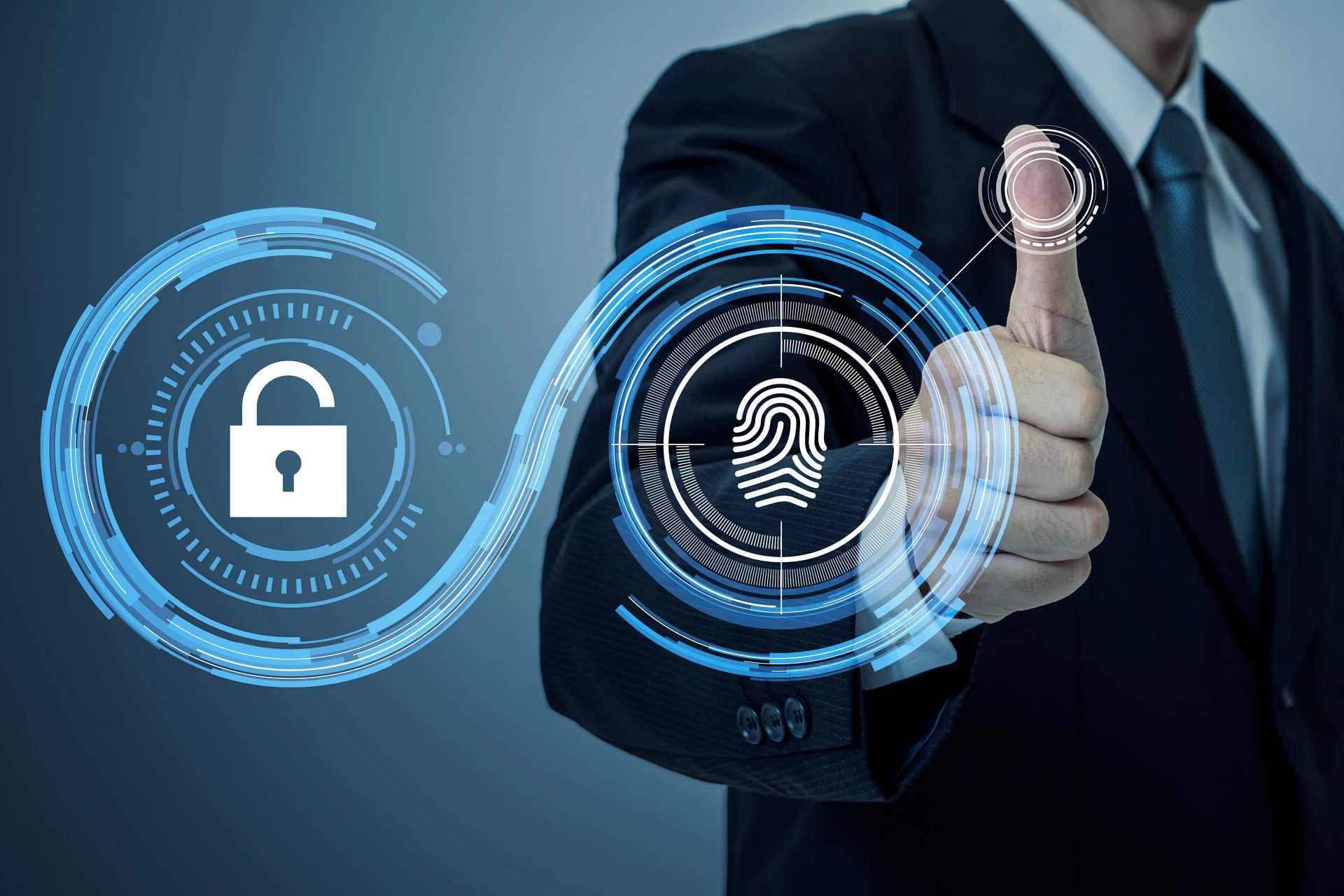
Biometric key card systems use unique biological traits, such as fingerprints or facial recognition, for authentication.
Pros:
- Highest Level of Security: Biometric authentication offers the highest level of security, as it relies on unique biological features.
- Eliminates Key Cards: Guests don’t need to carry any physical keys or cards.
Cons:
- Privacy Concerns: Some guests might have privacy concerns about using biometric data.
- Higher Cost: Biometric systems typically require a higher investment.
Example: Be-Tech offers biometric smart locks, including fingerprint door locks.
Key Considerations When Choosing a Hotel Key Card System
1. Security Features
- Encryption Levels: Determine the level of encryption used to protect data on the key cards and in the system database.
- Audit Trail Capabilities: Assess the system’s ability to track access attempts, including time, date, and user information.
- Remote Key Deactivation: Ensure the system allows you to quickly deactivate lost or stolen key cards.
- Tamper Resistance: Choose locks designed to resist physical tampering or attempts to bypass security.
2. User Experience
- Ease of Use: Ensure the system is user-friendly for both guests and staff.
- Mobile Compatibility: Consider if the system offers mobile key functionality, allowing guests to use their smartphones for access.
- Card Reader Design: Choose card readers that are aesthetically pleasing and complement the hotel’s design.
3. Integration with Property Management Systems (PMS)
- PMS Compatibility: Ensure the key card system seamlessly integrates with your existing property management software for streamlined operations.
- Data Synchronization: Verify that data from the key card system, such as guest access logs, can be shared with your PMS for comprehensive reporting and analysis.
4. Scalability and Future-Proofing
- Room Expansion: Choose a system that can easily accommodate future room additions or property expansions.
- Technological Advancements: Select a system from a provider that is actively developing new features and keeping up with industry trends to ensure your investment remains relevant.
5. Cost
- Initial Investment: Consider the upfront costs of hardware, software, and installation.
- Ongoing Costs: Factor in ongoing expenses, such as key card replacements, software maintenance, and potential upgrades.
- Long-Term ROI: Evaluate the long-term return on investment by considering the security benefits, operational efficiencies, and potential cost savings associated with reduced key loss and improved security.
Advantages of Implementing Hotel Key Card Systems
1. Enhanced Guest Experience
- Seamless Check-In and Check-Out: Key card systems streamline check-in and check-out processes, reducing wait times and enhancing convenience for guests.
- Keyless Entry: Eliminates the need for bulky keys, providing guests with a hassle-free experience.
- Mobile Access: Mobile key functionality offers a modern and personalized experience, allowing guests to use their smartphones for access.
- Personalized Access: Key cards can be programmed to grant access to specific areas, such as fitness centers, pools, or parking garages, improving the overall guest experience.
2. Increased Security
- Reduced Key Duplication: Key cards are far more difficult to duplicate than traditional keys, significantly minimizing the risk of unauthorized access.
- Immediate Key Deactivation: Lost or stolen key cards can be deactivated immediately, preventing security breaches.
- Enhanced Access Control: Key card systems allow for granular control over access permissions, ensuring that only authorized individuals can enter specific areas.
- Audit Trails: Detailed access logs provide valuable data for security monitoring and investigations.
3. Operational Efficiency
- Streamlined Operations: Key card systems integrate with hotel management software, allowing staff to efficiently manage room assignments, track access, and generate reports.
- Reduced Labor Costs: Automated check-in and key card management processes can reduce labor costs associated with manual key handling.
- Improved Security Management: Real-time monitoring and access control features streamline security management, allowing staff to respond quickly to potential issues.
Future Trends in Hotel Key Card Technology
- Mobile-First Solutions: Mobile key technology is becoming increasingly prevalent, with more hotels adopting smartphone-based access control systems.
- Biometric Integration: Biometric authentication, such as fingerprint and facial recognition, is being integrated into key card systems for enhanced security.
- Internet of Things (IoT) Connectivity: Key card systems are becoming part of a larger connected ecosystem, integrating with other smart hotel technologies for a more seamless and personalized guest experience.
Be-Tech is at the forefront of these advancements, offering innovative key card solutions that incorporate the latest technologies to enhance security and guest experience.
Conclusion
In the competitive landscape of the hospitality industry, investing in a robust and efficient key card system is no longer a luxury but a necessity. By understanding the various key card types, their advantages, and key considerations for selection, hotels can implement a system that not only enhances security but also elevates the overall guest experience.
Partnering with a reputable provider, such as Be-Tech, can ensure that your hotel benefits from the latest advancements in key card technology, creating a secure and welcoming environment for your valued guests. Contact Be-Tech today to explore their comprehensive range of key card solutions and take your hotel security to the next level.


